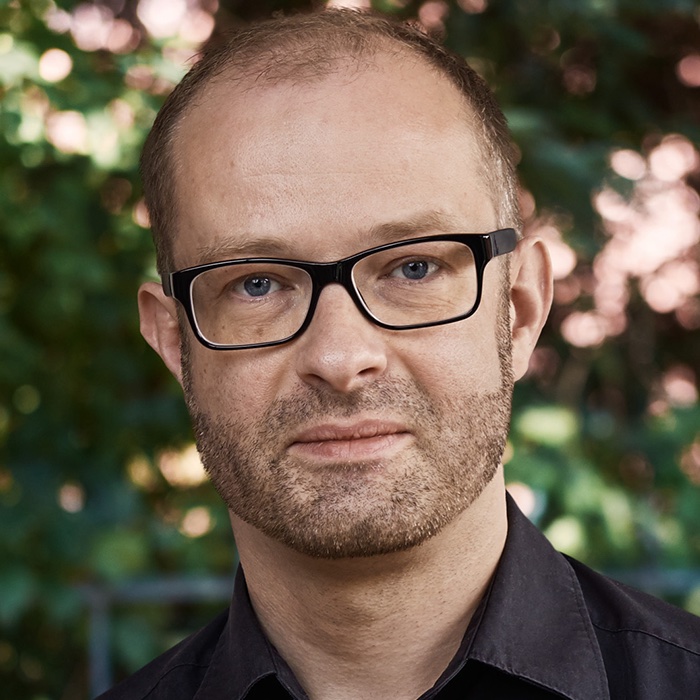The modern understanding of the ancient Egyptians as bent on a quest for eternal life is the result of a long history of Western engagements with ancient Egypt. Associations like the preservation of bodies for eternity and initiation into religious mysteries interacted with textual sources of the Biblical and Classical traditions to shape images of the ancient culture that could be deployed in a variety of contexts for theological, philosophical, colonial, and other purposes. In a lecture titled “No other satisfactory reason can be given”: The European Discovery of the Ancient Egyptian Afterlife,” Rune Nyord, assistant professor of ancient Egyptian Art and Archaeology at Emory, examines some key formative moments in this tradition, suggesting that many aspects of the modern understanding of Egyptian afterlife beliefs owe as much to the contemporary concerns of the milieus that helped shape them as to the ancient Egyptian sources that were only gradually becoming known as these ideas were crystalizing.
This lecture is made possible with funding from the Lacovara Lecture Fund.





